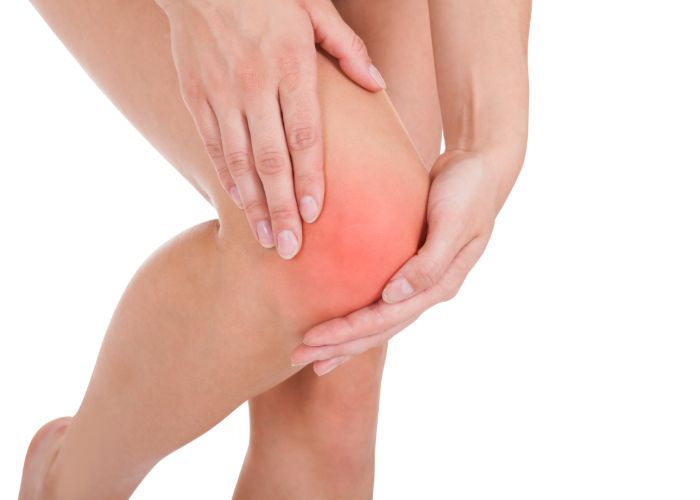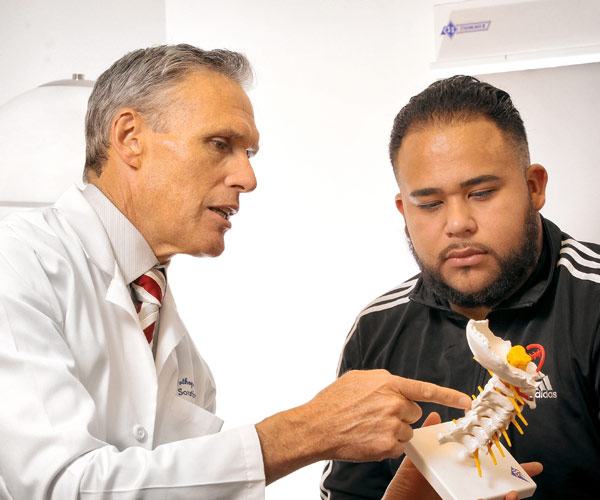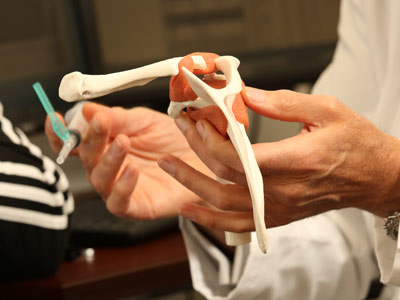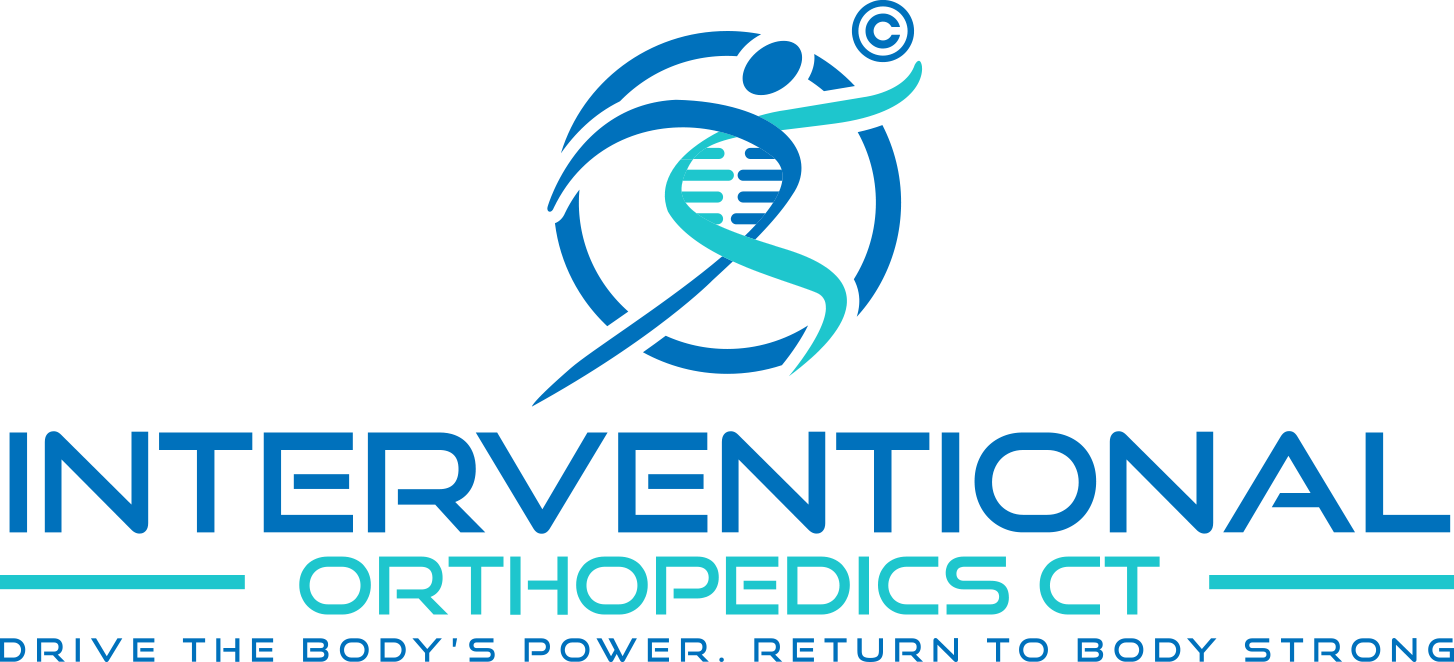About Knee Arthritis
About Knee Arthritis
Knee Arthritis is a particularly common degenerative joint disease that causes pain, swelling, and stiffness. If you suffer from knee arthritis it may be difficult to do many everyday activities, such as walking or climbing stairs. It is a major cause of lost work time and a serious disability for many people. For those who participate or enjoy a fit and active lifestyle or are active in almost any type of sports activity, knee arthritis can be a real barrier to your performance or even participating at all.
The knee is the largest and strongest joint in your body. It is made up of the lower end of the femur (thighbone), the upper end of the tibia (shinbone), and the patella (kneecap). The ends of the three bones where they touch are covered with articular cartilage, a smooth, slippery substance that protects and cushions the bones as you bend and straighten your knee. Two wedge-shaped pieces of cartilage called meniscus act as “shock absorbers” between your thighbone and shinbone. They are tough and rubbery to help cushion the joint and keep it stable. Finally, the knee joint is surrounded by a thin lining called the synovial membrane. This membrane releases a fluid that lubricates the cartilage and reduces friction. Trauma, “wear and tear,” repetitive stress movements and inflammation can all play a role in the damage of this complex joint and can lead to knee arthritis.

Symptoms of Knee Arthritis
A knee joint affected by arthritis may be painful, stiff and inflamed. Generally, the pain develops gradually over time, although sudden onset is also possible. There may other symptoms, as well. As the joint becomes stiff and swollen, it is often difficult to bend and straighten the knee. Pain and swelling may be worse in the morning, or after sitting or resting. Intense or prolonged activity may cause pain to flare up. If cartilage is damaged or torn, the loose fragments of cartilage and other tissue can interfere with the smooth motion of joints and the knee may “lock” or “stick” during movement. The knee may emit a creaky sound or even, click, snap or make a grinding noise as it flexes. The pain you experience can also be accompanied by a feeling of weakness or buckling. Many people with arthritis actually experience increased joint pain with rainy weather.
Non-Surgical Treatment for Knee Arthritis
There is no cure for arthritis but there are a number of treatments that may help relieve the pain and disability it can cause. As with other arthritic conditions, initial treatment of arthritis of the knee is conservative and might include lifestyle changes to limit activity and protect the knee joint such as avoiding stairs and switching from high impact activities, such as jogging and tennis to low impact activities like swimming or bicycling in order to reduce the amount of stress on the knee joint. If you are overweight losing weight can also be helpful in reducing knee joint stress. Physical therapy is helpful to increase range of motion and flexibility, as well as help strengthen the muscles in your leg. Anti-inflammatory medications-both oral and crèmes and ointments-are sometimes helpful in reducing pain and discomfort. Steroid injections into the joint may help reduce symptoms in the short run but, over time, contribute to further cartilage degeneration.
Viscosupplementation Injections with a slippery cushioning gel like viscous substance may are no longer recommended by orthopedic guidelines as studies show no benefit when compared to sham or no treatment.
To learn more and get help for knee arthritis please Schedule an Appointment with Regenerative Orthopedic & Sports Medicine Specialist Daniel Southern, M.D. in Danbury or Wilton in Fairfield County Connecticut by calling 203-456-5717.


Surgical Treatment for Knee Arthritis
Surgical treatment for knee arthritis is limited to removing the most damaged tissues that may be affecting motion or causing pain or re-attaching torn tendons, ligaments, or trimming torn or damaged cartilage. Surgery cannot remove or stop the progression of arthritis and, even when performed in as minimally invasive manner as possible, it can contribute to progression of joint degeneration and loss of motion. When arthritis is very advanced causing extensive damage to the bony components of the joint, knee joint replacement therapy may be the only option.
In general, recovery time and rehabilitation from surgical treatment of knee arthritis can be somewhat lengthy and uncomfortable requiring careful pain management. In addition, there are some risks and possible complications of knee surgery including infection, pain, loss of motion, blood clots, and nerve damage.
To learn more and get help for knee arthritis please Schedule an Appointment with Regenerative Orthopedic & Sports Medicine Specialist Daniel Southern, M.D. in Danbury or Wilton in Fairfield County Connecticut by calling 203-456-5717.
Regenerative Orthopedic Medicine Treatment for Knee Arthritis
Regenerative procedures provide non-surgical treatment options for those suffering from pain related to osteoarthritis, joint injuries, spine pain, overuse conditions, and common sports injuries. These medical procedures are performed by highly-skilled doctors and are used to help reduce pain and improve function. They may help improve your quality of life, return to the activities you enjoy, and avoid the need for surgery or joint replacement*.
*DISCLAIMER: Like all medical procedures, regenerative procedures have a success and failure rate. Patient reviews and testimonials on this site should not be interpreted as a statement on the effectiveness of our treatments for anyone else.

